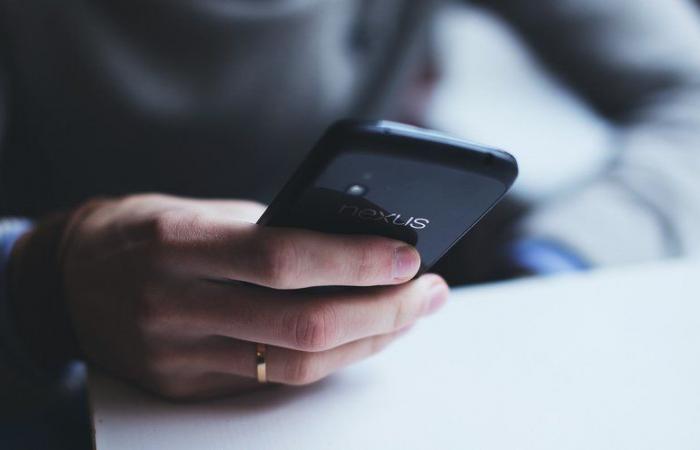
the essential
This Thursday, the Senate passed a law aimed at outright banning telephone canvassing, unless the consumer has given their consent. The bill, in its modified version, must be examined again by the National Assembly, before being the subject of a decree from the government.
This is a practice that never ceases to exasperate. Telephone operators, energy suppliers and other salespeople… On average, the French receive six calls each week, all dedicated to cold calling. Faced with general discontent, it was therefore time to legislate. In any case, this is what Pierre-Jean Verzelen, senator from Aisne, believes, who has drafted a bill aimed at outright banning the practice. This Thursday, September 14, the text benefited from favorable support since it was voted on by the Senate.
In detail, it took 1 hour 45 minutes of debate before this bill was adopted. “It was not won but the vote was unanimous […] We have just passed the first step to enable us to fight effectively against the scourge of cold calling”, rejoiced the senator, leaving the chamber.
What does this new law say?
Quite simply, no company will be authorized to conduct cold calling… unless they obtain the consumer's consent. Many countries such as Germany, the United Kingdom and Portugal have adopted this method: “It will now be up to each professional to obtain the consumer's consent in advance […] on a case-by-case basis”, recalls Laurence Garnier, Secretary of State for Consumer Affairs.
Also read:
Telephone canvassing: towards the end of identity theft?
According to Benjamin Rocher, project manager for UFC-Que Choisir, this text of law should make it possible to “limit the volume of calls”, explains the latter to our colleagues at West France. This proposal in fact takes the current regulations in reverse: until now, all French people were declared consenting to telephone canvassing, unless they had entered their telephone number on a list allowing them to avoid being disturbed. Furthermore, consumers could only be contacted during very specific time slots: from 10 a.m. to 1 p.m. and from 2 p.m. to 8 p.m.
When will it be applied?
The text will follow the logic of the shuttle between deputies and senators: it is now up to the National Assembly to decide and vote on the text which was amended by the Senate. In this context, the UFC-Que Choisir called on “the deputies to put the text on the agenda in the Assembly as quickly as possible”, which should still take a little time. At the end of the process, the government will then publish a decree in line with the law.
Also read:
Cold calling: The “Ministry of Energy” wants to offer you solar panels? It might be a scam
Deputies and senators, however, are not at the end of their troubles: they will have to set up a whole system of sanctions, which will apply to companies that do not comply with the regulations. “If a simple article could resolve this whole question at once, it would be known and it would have been done a long time ago,” says Olivia Richard, rapporteur for the Law Commission, who wishes to be able to “count” on the players in the sector to legislate .
Added to this are some technical constraints: “Operators must be able to identify and disconnect calls, even if the calls come from abroad,” points out Pierre-Jean Verzelen. In short, you will have to keep your cool for a few more months before finally being at peace.





